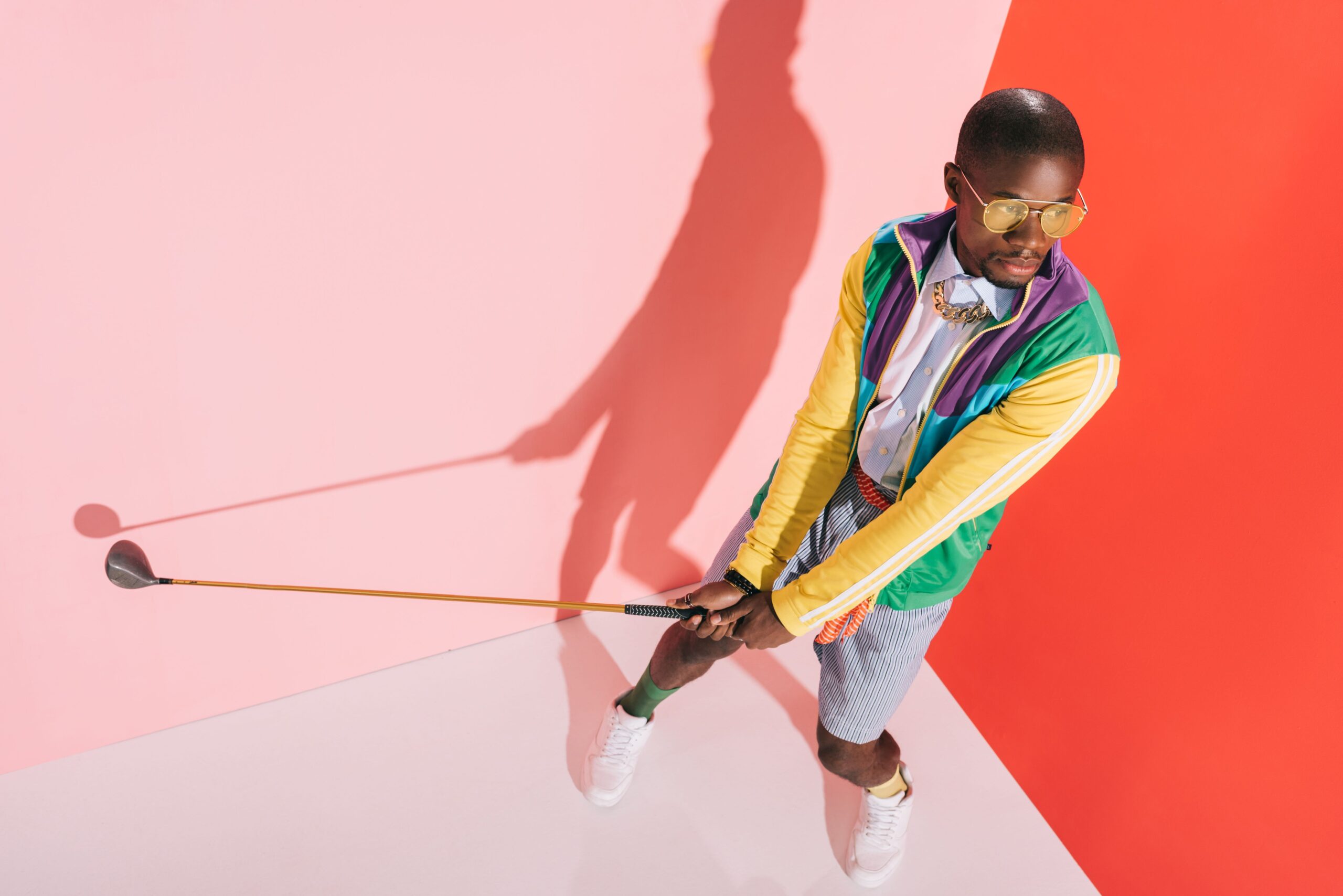The Value of the University of Oregon’s Master’s in Sports Product Management

Located in the heart of Portland, Oregon, the University of Oregon’s Master’s program in Sports Product Management is strategically positioned within the diverse and lush setting of the Pacific Northwest. Known as an “alpha cluster” in the outdoors industry, the area attracts a myriad of movement enthusiasts, intensifying demand for the program’s graduates. For Alberta native, Ed Morrish, his passion for sports product management naturally evolved after attending a Canadian business co-op, where hands-on experience dominated the curriculum. It was this experience that ultimately led him to UO’s program, a shift from a focus on accounting to sports that blended both his academic and personal interests.
However, the application process for UO’s Master’s program is rigorous, requiring not only traditional transcripts, resumes, and cover letters but also writing samples, letters of recommendation, and a detailed product project. The emphasis on knowledge and participation is critical from the outset. Once enrolled, the program favors a fieldwork-based approach, while offering high-level business courses designed and facilitated by industry professionals. Lectures focus on the entire product creation lifecycle, end to end. The program’s curriculum is holistic and intersectional, focusing on sustainability, innovation, and a global perspective.
The class demographic may be surprising to some, as one might expect the majority of enrolled students to have some athletic background of their own. However, the reality is that they range from a variety of different backgrounds across the industry, with many narrowly focused on reaching corporate positions at Nike Headquarters. Nevertheless, the program’s reach extends far beyond its local community, as international students such as Ed, bring a global point of view that is integral to success in the field of sports product management. These students enrich the program by providing unique insights and experiences that transcend borders and cultural differences, thereby broadening the horizons of all who participate.
Throughout the two-year program, groups divided among the small (usually under 100 students) class develop their own products, following a start-up timeline, and probe each complicated nuance of the process. In Ed’s cohort, for example, students worked on women’s running shorts, collaborating to ideate a design, manufacture prototypes, and pitch the final product at the end of the semester. Krista Martenson, the Apparel Lab Manager at UO, emphasizes how this hands-on end-to-end project is the crux of their business program: “[It] allows these future leaders to truly understand the making process from the fabric and construction level and gain compassion for the factory employees. After developing in the lab, their team reached out to a factory in China to make refined prototypes and sales samples. Ed and each team member worked as a team to ensure all product goals were successfully met.”
Additionally, internships play a pivotal role in the program, allowing students to approach even more complex industry happenings with the help of a solid educational background. The skills learned through their team project were put into action, and real clients could trust their expertise.
Backed by data and analytics, predicting consumer behavior becomes more than meets the eye. Expectations are often dismantled when thrust into the fieldwork, and international relations introduce a whole new composite of administrative and communicative strategy that raises new questions, challenges, and opportunities. In reflection, Ed expressed that enrolling in UO’s program validated his interest in the career, opened the doors for growth, and helped him understand his own personal brand. Today, Ed is thriving in his career, and his contribution at Rose & William as Merchandising Associate further proves this sentiment.